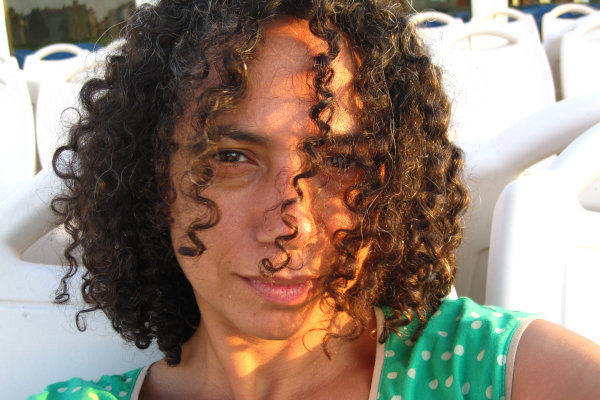Mamnou’a
Forbidden
Amal Ramsis
»When I began filming Forbidden, we still lived in a dictatorship in which almost all political rights and activities were banned. The police and the repressive state security apparatus controlled the entire country. The word ›Forbidden‹ was everywhere. Nevertheless there was quite a strong social and political movement, and this was precisely what I wanted to show in my film. Despite all the bans we are capable, in our own way, of breaking through barriers. For this reason I decided not to try and obtain permission for filming from the film censorship board, and in the documentation I declared this decision a rebellious act. What I didn’t know at the time was the fact that the revolution was going to set the final scene of my work, since it started on the very day that shooting was concluded. Because of this the statement and the direction of the film was radically altered. In the end it was possible to screen the film in Cairo without problem. At the same time it functions as a historical reminder of the last days before the Revolution, something I had not planned in this way.«
– Amal Ramsis

Amal Ramsis
Film-maker Amal Ramsis was born 1972 in Cairo, Egypt. While studying law, she set up the Women’s Study Centre »Ma’an« (Together). From 2002 to 2005 she studied film directing in Madrid. Three years later Ms Ramsis founded the Cairo International Women’s Film Festival, the first women’s film festival in the Arab countries. She also heads the international workshop programme Correspondence between Women. She works as a documentary film-maker, journalist and writer on the situation of Arab women and political affairs in Egypt. In her most recent documentary The Trace of the Butterfly (2014), Ms Ramsis accompanied Mary Daniel – the sister of student Mina Daniel, the hope of his generation, who was killed in 2011 – on a journey through Egypt’s revolution.
Films by Amal Ramsis (Selection)
Life 2008 | Just Dreams 2005 | Plató 2005 | Silence 2005 | Beirut Is on the Seaside 2002






